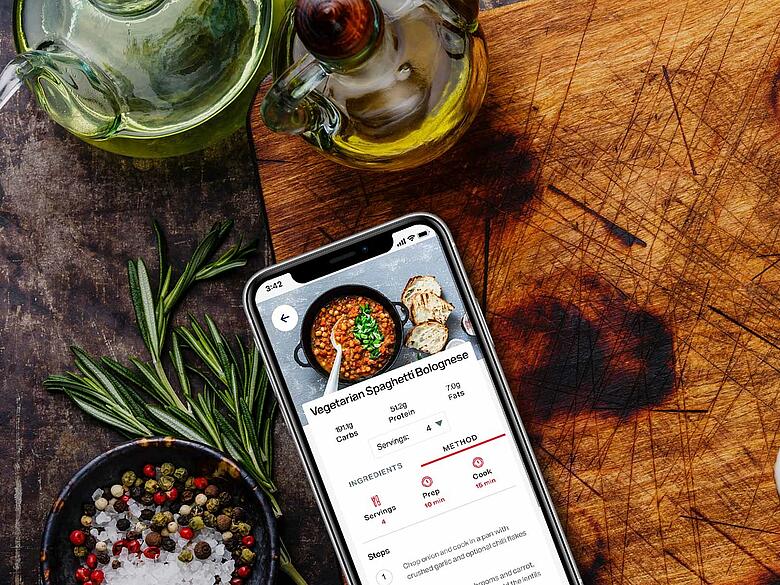Ultimately, we need to be consuming less energy than what we burn so our body starts to use stored fat as a fuel source. That though can sometimes be easier said than done. One way to go about this is tracking your calories and macronutrients (carbs, protein, and fats). You can also try intermittent fasting, low carb diets, “intuitive eating” and a range of other strategies to help achieve this.
However, a common thing we see in the health and fitness industry is not necessarily a lack of ability, motivation, or adherence to a diet strategy but more so a lack of understanding of what is in our foods from a macronutrient perspective. Now, why is this important? A strict dietary approach can of course yield significant results early on; however, this can often stall and when that happens people can be unsure of what the next step is or if there is even another step, and when this happens, they fall off the wagon and into old habits.
This is why at Vision we are big advocates of tracking macronutrient intake, especially at the beginning of your program/lifestyle change. The process of tracking the foods we eat and how much of them we eat is great for seeing exactly what is going on with our diets. After all, how can you make progress in any direction if you don’t know what your starting point is. For example, your diet Monday to Friday could be spectacular, but the weekend could be your time of the week where things go pear shaped. Tracking these times when you’re likely going off track is a great way to see how much of an impact it is having.
You can then make decisions around portion sizes, alternate food or drink options or even making smarter choices on weekdays to offset the “danger” times. Think of it as information gathering rather than strict dieting. One of the biggest benefits of tracking food intake is that once you have a grasp on your routines, patterns, and intakes, you can start to incorporate foods you think are unhealthy and substitute them in for other foods without stunting your progress. It allows flexibility where you feel you need it because you are in control and know what your needs are.
Its important to note that once you have a better understanding of the nutritional values of foods you don’t need to be tracking every single item perfectly. It can be a tool to come back to when your progress stalls after a period of not tracking to get a baseline as to what’s changed. It can be used for a few days after a particularly big week/weekend to reset. It can really be used however you need it to be used.
The process/system you use though should really come down to a few key things:
- Does it help you towards your goals without being an overly negative experience? (Negative meaning is it giving you serious levels of anxiety/worry?) keep in mind that all change will be a challenge.
- Does it match your lifestyle and needs?
- Is it a strategy you can see yourself implementing for the foreseeable future?
For a lot of people, tracking food intake is a great way to take control of their nutrition and learn how to make things work in their favour and with their preferences of what and when to eat. So, if you’re just starting out with a health and fitness goal, I strongly encourage you to consider macronutrient tracking as a tool to gauge your intake and make decisions that best you.
Who knows, once you have that understanding you may move towards another strategy that serves you even better which is fantastic, at least you can do it from a place of understanding rather than what may just be the current fad.

